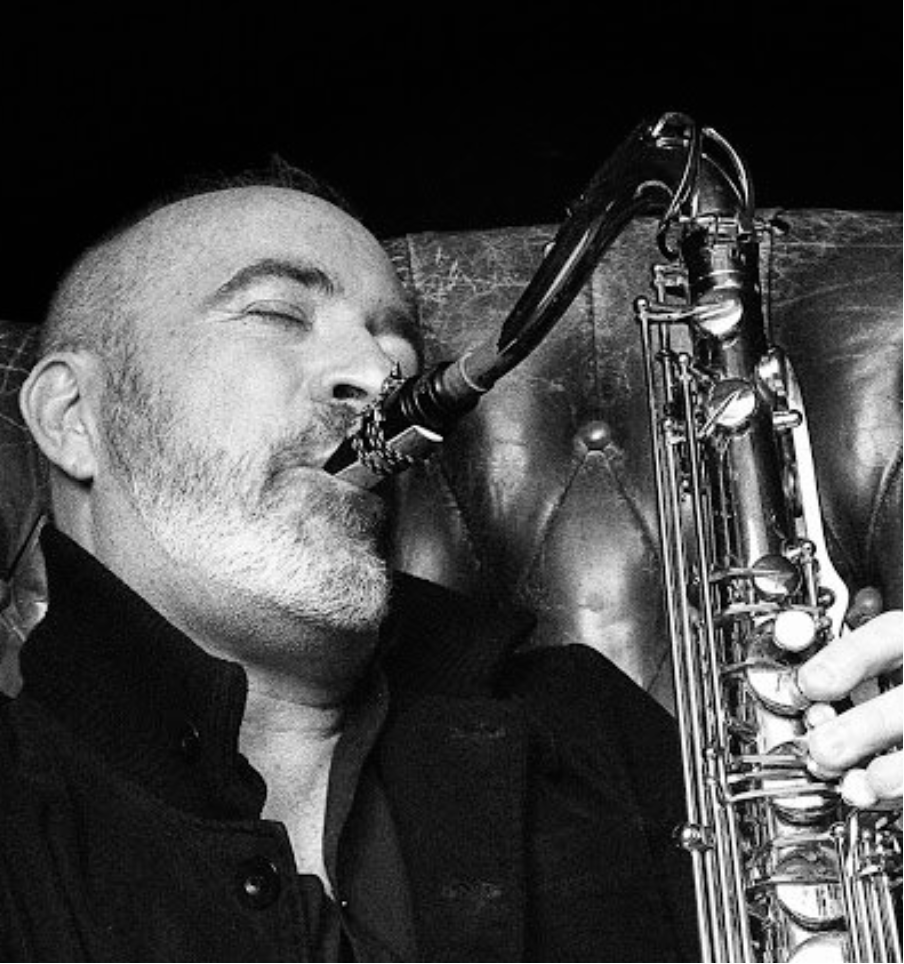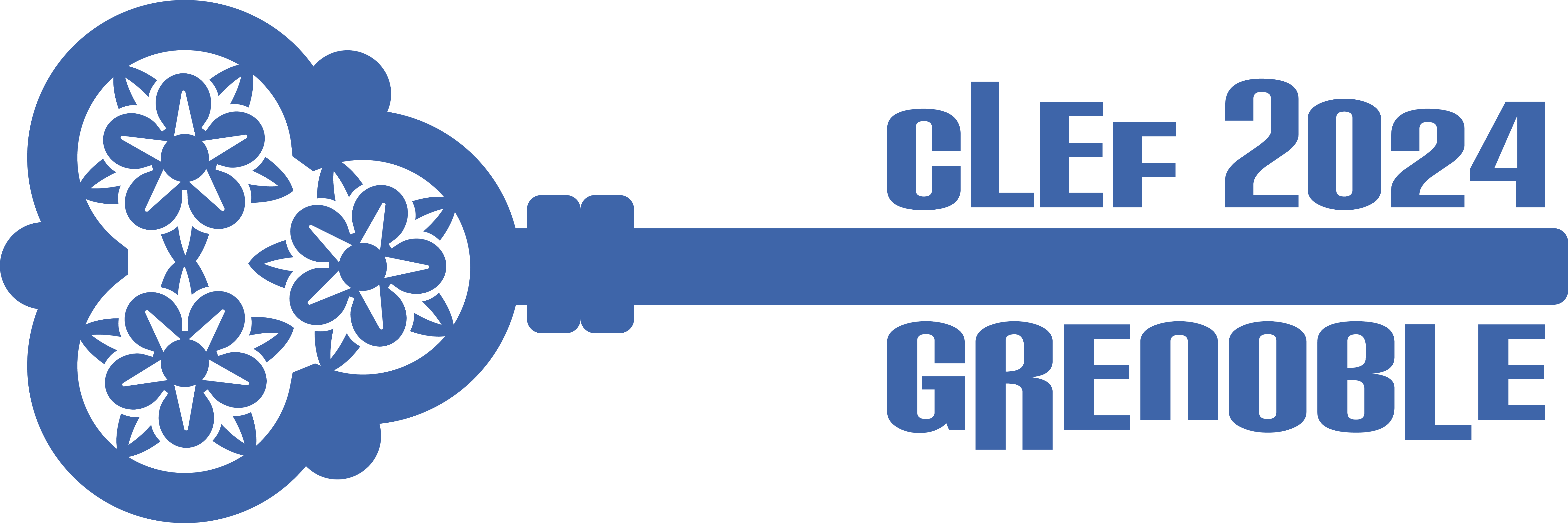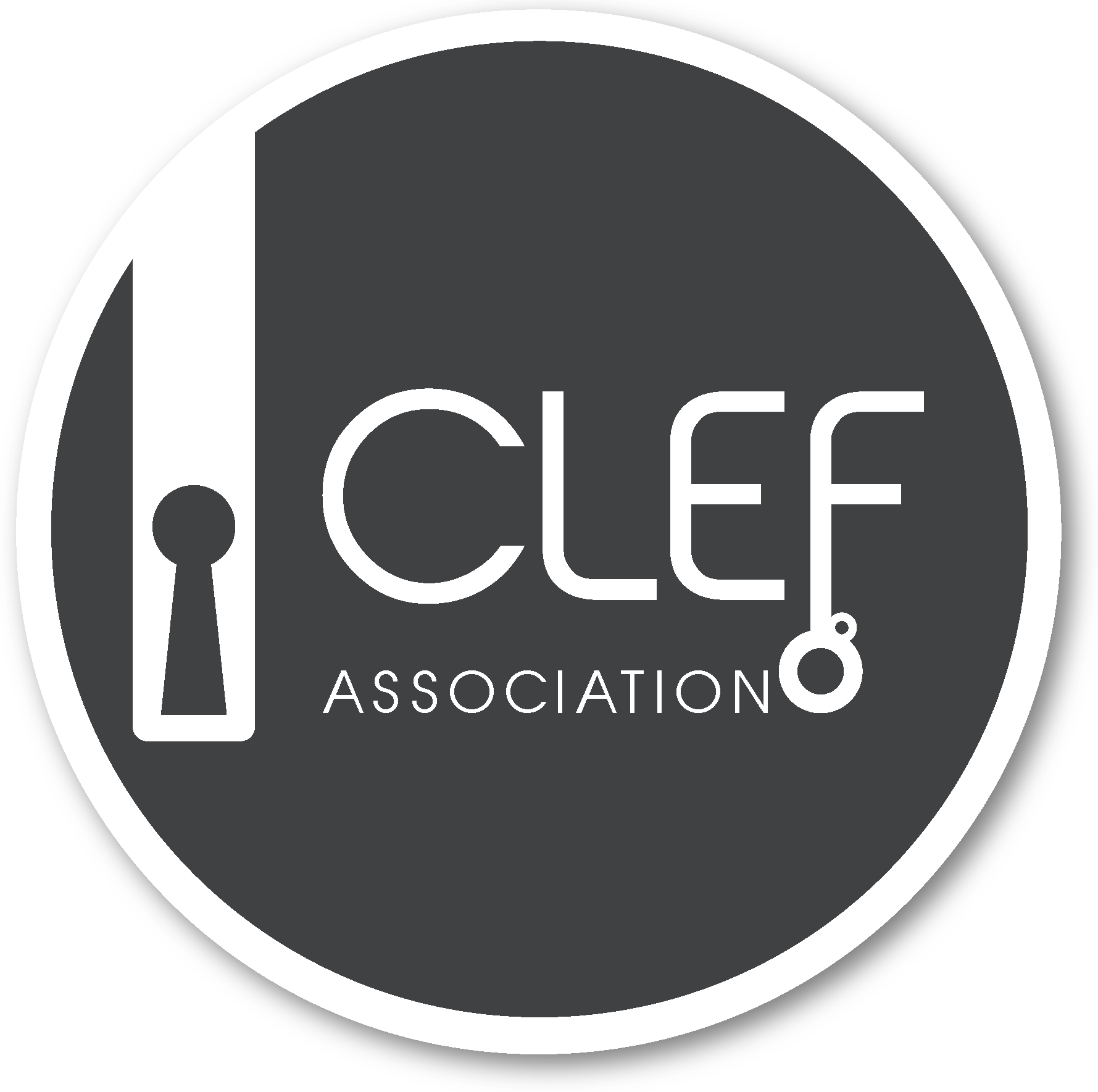| Tuesday, September 10 |
| 09:00-10:40 | CLEF Session: Lab Overviews (ImageCLEF, CheckThat!, JokerLab, Pan, qCLEF) |
| |
| 11:10-12:40 | Keynote and Lab Session, Chair: Paolo Rosso |
| 11:10-12:10 | Keynote: Will an A.I. be the Shakespeare of the XXI Century?
Julio Gonzalo |
| 12:10-12:40 | Overview: Voight-Kampff Generative AI Authorship Verification
Janek Bevendorff, Matti Wiegmann, Efstathios Stamatatos, Benno Stein, and Martin Potthast |
| |
| 15:40-16:40 | Poster Session |
| |
| 16:40-18:10 | Lab Session, Chair: Benno Stein. |
| 16:40-17:00 | Generative AI Authorship Verification at Foshan University
Leilei Kong |
| 17:00-17:10 | BaselineAvengers at PAN 2024: Often-Forgotten Baselines for LLM-Generated Text Detection
Ludwig Lorenz, Funda Zeynep Aygüler, Ferdinand Schlatt, and Nailia Mirzakhmedova |
| 17:10-17:20 | Team aida at PAN: Ensembling Normalized Log Probabilities
Pablo Miralles, Alejandro Martin, David Camacho |
| 17:20-17:40 | Overview: Multi-Author Writing Style Analysis
Eva Zangerle, Maximilian Mayerl, Martin Potthast, and Benno Stein |
| 17:40-17:50 | Team fosu-stu at PAN: Supervised Fine-Tuning of Large Language Models for Multi Author Writing Style Analysis
Jiajun Lv, Yusheng Yi, and Haoliang Qi |
| 17:50-18:00 | NYCU-NLP at PAN 2024: Integrating Transformers with Similarity Adjustments for Multi-Author Writing Style Analysis
Tzu-Mi Lin, Yu-Hsin Wu, and Lung-Hao Lee |
| 18:00-18:10 | Continual Transfer Learning with Progress Prompt for Multi-Author Writing Style Analysis
Zhanhong Ye, Yutong Zhong, Chen Huang, and Leilei Kong |
| |
| Wednesday, September 11 |
| 14:00-15:30 | Lab Session, Chair: Matti Wiegmann. |
| 14:00-14:25 | Overview: Oppositional Thinking Analysis
Damir Korenčić, Berta Chulvi, Xavier Bonet, Mariona Taulé, Francisco Rangel, and Paolo Rosso |
| 14:25-14:30 | Best System Award: Oppositional Thinking Analysis
Symanto |
| 14:30-14:45 | Conspiracy vs critical thinking using an ensemble of transformers with data augmentation techniques
Angelo Maximilian Tulbure and Mariona Coll Ardanuy |
| 14:45-15:00 | SINAI at PAN 2024 Oppositional Thinking Analysis: Exploring the fine-tuning performance of LLMs
María Estrella Vallecillo-Rodríguez, María Teresa Martín-Valdivia and Arturo Montejo-Ráez |
| 15:00-15:15 | Towards a Computational Framework for Distinguishing Critical and Conspiratorial Texts by Elaborating on the Context and Argumentation with LLMs
Ariana Sahitaj, Premtim Sahitaj, Salar Mohtaj, Sebastian Möller and Vera Schmitt |
| 15:15-15:30 | DSVS at PAN 2024: Ensemble Approach of Large Language Models for Analyzing Conspiracy Theories Against Critical Thinking Narratives
Sergio Damian, Brian Herrera-Gonzalez, David Vazquez-Santana, Hiram Calvo, Edgardo Felipe-Riverón and Cornelio Yáñez-Márquez |
| |
| 16:30-18:00 | Lab Session, Chair: tbd. |
| 16:30-17:00 | Overview: Multilingual Text Detoxification
Daryna Dementieva, Daniil Moskovskiy, Nikolay Babakov, Abinew Ali Ayele, Naquee Rizwan, Florian Schneider, Xintong Wang, Seid Muhie Yimam, Dmitry Ustalov, Elisei Stakovskii, Alisa Smirnova, Ashraf Elnagar, Animesh Mukherjee, Alexander Panchenko |
| 17:00-17:15 | Linguistic_Hygenist at PAN 2024 TextDetox: HybridDetox - A Combination of Supervised and Unsupervised Methods for Effective Multilingual Text Detoxification
Susmita Gangopadhyay, M.Taimoor Khan, Hajira Jabeen |
| 17:15-17:30 | A Multilingual Text Detoxification Method Based on Few-shot Learning and CO-STAR Framework
Jiangao Peng, Zhongyuan Han, Huan Zhang, Jingyan Ye, Chang Liu, Biao Liu, Mingcan Guo, Haoyang Chen, Zijie Lin, Yujiao Tang |
| 17:30-17:45 | SomethingAwful at PAN 2024 TextDetox: Uncensored Llama 3 Helps to Censor Better
Sergey Pletenev |
| 17:45-18:00 | PAN 2024 Multilingual TextDetox: Exploring Different Regimes For Synthetic Data Training For Multilingual Text Detoxification
Nikita Sushko |
| 18:00-18:10 | Closing
|










